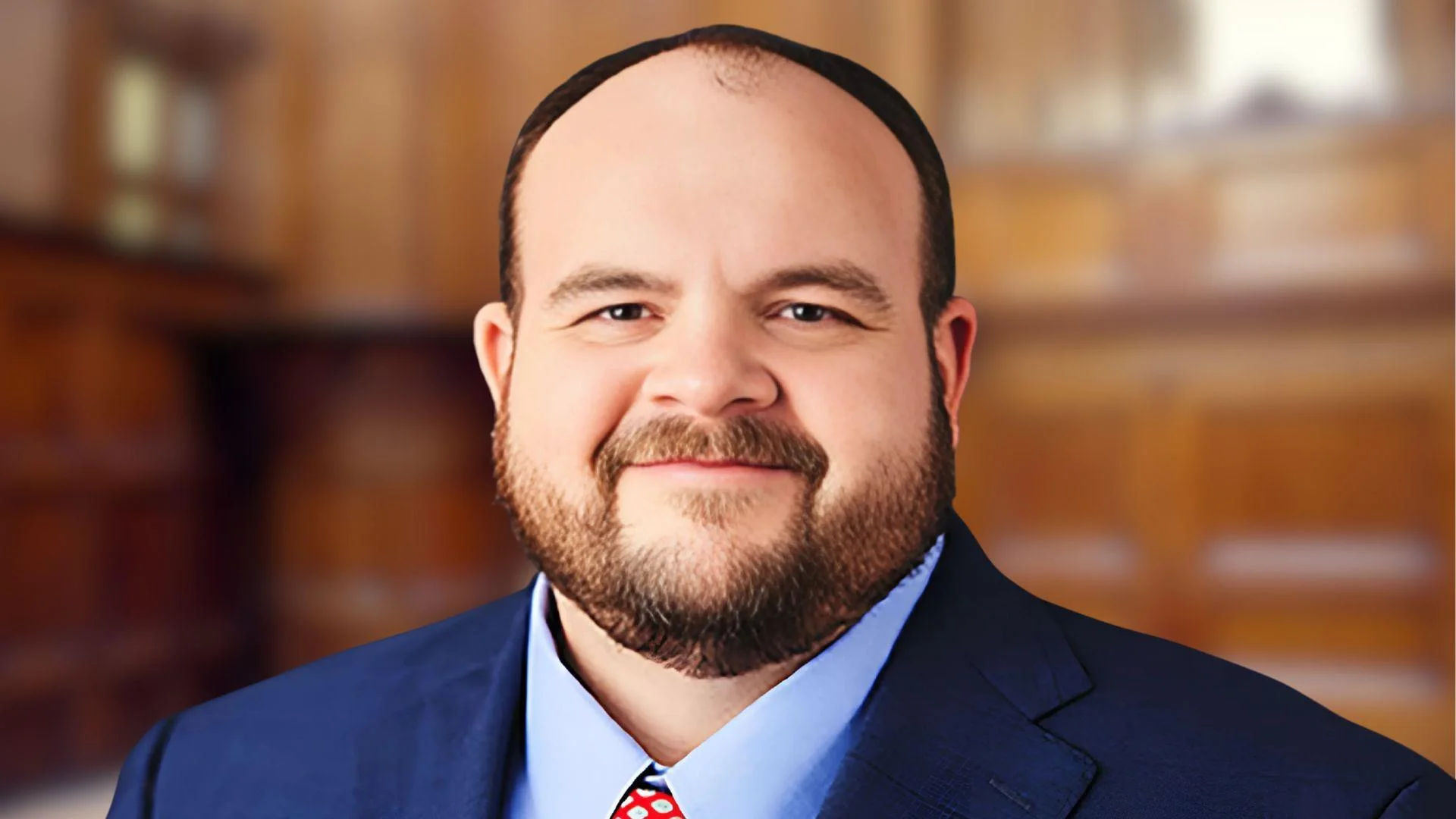
Michael Yaworsky, Florida’s Insurance Commissioner | Florida Office of Insurance Regulation
The Florida Office of Insurance Regulation (FLOIR) has announced that the state's top five auto insurers are reporting an average rate change of -6.5% for 2025. This significant decrease is attributed to statewide insurance reforms.
According to Gulf Coast News Now, Florida’s leading insurers, including GEICO, Progressive, and State Farm, have announced rate cuts of approximately 10.5%, 8%, and 6% respectively for 2025. These reductions translate into substantial savings for many drivers. The outlet notes that with average annual premiums in the region around $1,500, a 6% decrease represents meaningful relief to consumers. Experts attribute these reductions to recent state laws making it harder to sue insurers, which have reduced litigation costs and fraudulent claims.
First Coast News reports that Florida’s personal auto liability loss ratio dropped to 53.3% in 2024—the lowest in the United States—down from 74.5% in 2023 and 80.5% in 2022. The report credits the state’s reforms for cutting litigation and assignment-of-benefits abuse. These improvements closely followed the enactment of House Bill (HB) 837 in March 2023, which was supported by several legislators who later also backed HB 832 to repeal the "accuracy in damages" provision that underpins these reforms.
House Bill 837, signed into law on March 24, 2023, eliminated one‑way attorney‑fee shifting, shortened negligence statutes of limitations, and transitioned Florida from pure to modified comparative negligence—all reforms aimed at reducing insurance litigation costs and stabilizing premiums. Several legislators—including Representatives Koster, Sirois, Jacques, and Lopez—voted for HB 837 in 2023 and have since supported HB 832 in 2025, which repeals the "accuracy in damages" clause that helps limit litigation abuse and contributed to falling rates.
The Florida Office of Insurance Regulation (OIR) is responsible for regulating insurance companies within the state by approving rate filings, monitoring insurer solvency, ensuring market competition, and protecting consumers across Florida’s insurance lines.






 Alerts Sign-up
Alerts Sign-up